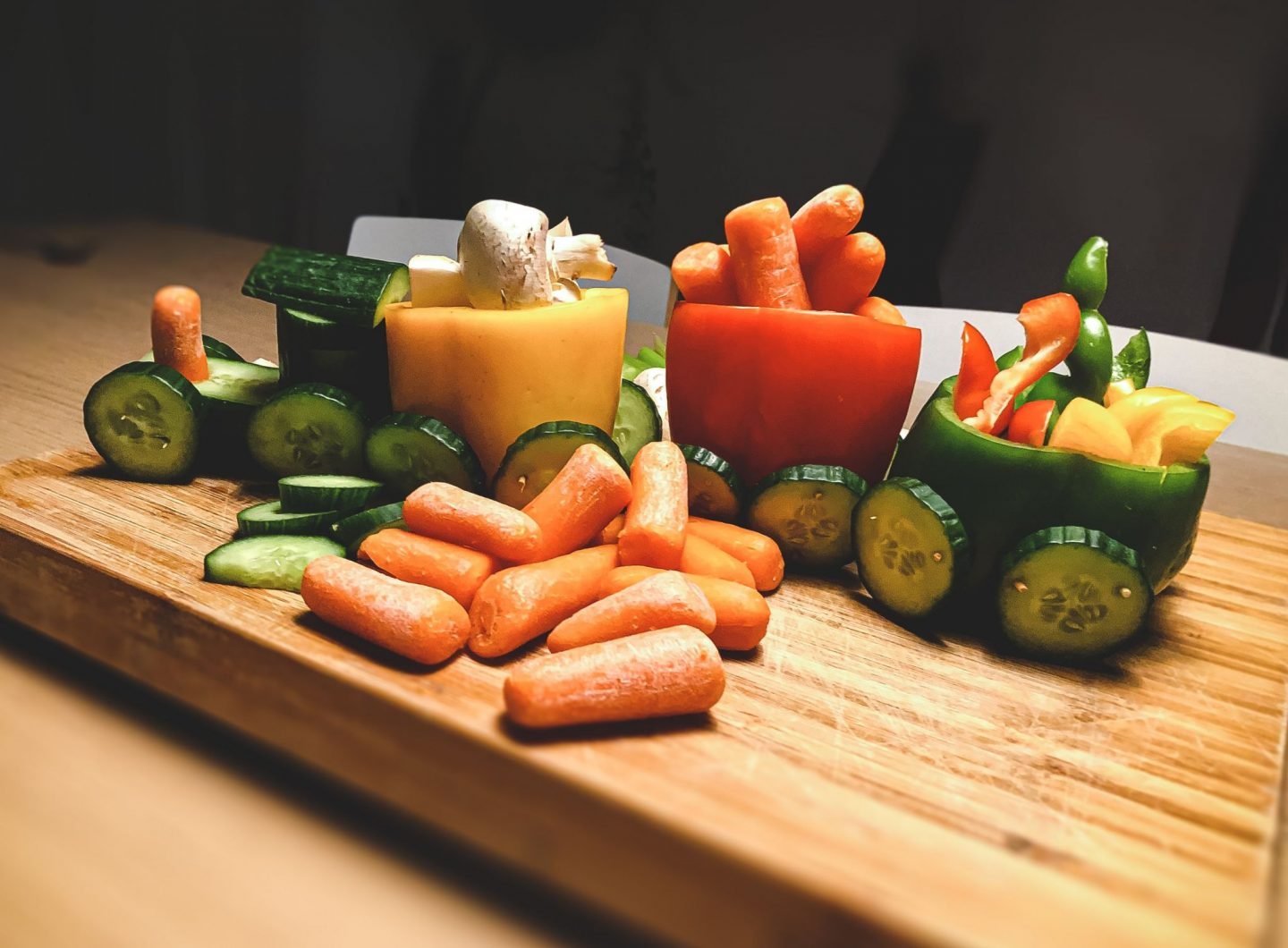
Your diet may have all the ingredients, but it may not deliver the required nutrition. Vitamins and minerals are two essential nutrient needs for your body to stay healthy and immune. Vitamin is an all-inclusive word that encompasses minerals, amino acids, fatty acids, and 13 real vitamins.
Though Anavar Canada steroids and oral supplements are secondary sources of vitamins, real, unprocessed foods are the best way to get your vitamin dose. Dietary Guidelines will help get you most of the vitamins from food. Let us gain a deeper understanding of the vitamin foods you should include in your diet.

Vitamin A
This fat-soluble vitamin promotes healthy vision, teeth, and skin and boosts cell growth and immunity.
How to get: Richly pigmented vegetables and fruits like carrots, cantaloupes, spinach, red peppers, sweet potato, mangoes, and oranges are high in beta-carotene, converted into Vitamin A.

Vitamin B Complex
The water-soluble B-vitamins comprising Biotin, Folic acid, Niacin, Pantothenic acid, Riboflavin, Thiamine, vitamin B6, vitamin B12 are not stored in the body. Hence the need to get it from raw diet and supplements. B complex is helpful for energy production, optimum iron absorption, and body immunity.
How to get: Unprocessed foods such as potatoes, lentils, whole grains, beans, bananas, cheese, chili peppers, meat, poultry, fish, and eggs will give you crucial nutrients for your nerves and blood cells.

Vitamin C
Citrus fruits like oranges and guavas are the most selling fruits in winters. They are high in vitamin C that boosts skin collagen, and prevents cold and cough. They are also rich in antioxidants, strengthen blood vessels and promote iron absorption.
How to get: A fruitarian diet containing oranges, guava, kiwi, cantaloupe, grapefruits give you sufficient vitamin C. Meal accompaniments like red and green peppers, Brussels sprouts are also healthy sources of vitamin C.

Vitamin D
With osteoporosis affecting people of all walks of life and age groups, vitamin D is a dietary must. This fat-soluble vitamin, in combination with calcium mineral, helps maintain strong and healthy bones.
How to get: Spend 10-15 minutes in the sun to get your vitamin D. Consume eggs, milk, mushroom, and fish to supplement your body with this healthy vitamin.

Vitamin E
This antioxidant vitamin shields your body cells against free radicals produced by pollution, extreme sunlight, tobacco smoke.
How to get: Almonds are an all-time source of vitamin E. If you are nut-allergic, take vitamin E as sunflower oil, safflower oil, leafy vegetables, hazelnuts, and peanuts to avail the benefits.

Vitamin K
It is an adequate vitamin to promote healthy bones and blood clotting.
How to get: Leafy vegetables like collards, spinach, kale, broccoli, Brussels sprouts, and turnip greens have vitamin K in abundance. Soy, pomegranate juice has this vitamin in a smaller amount.
Iron
It is a vital piece of hemoglobin. Therefore, eat plenty of iron-rich foods to make red blood cells in your body. Iron deficiency is the sole cause of anemia and less oxygen supply to the body tissues. Women with heavy monthly menstruation have a greater iron necessity.
How to get: Dark chocolate, spinach, soy, beans, lentils, clams, liver (organ meat), kidney beans, chickpeas, fortified breakfast cereal are excellent sources of iron. When taking iron in supplement form, take vitamin C-rich food also to enhance iron absorption.
Calcium
Calcium is an essential mineral to develop healthy bones and teeth. Proper heart functioning and healthy muscle contraction also need calcium support.
How to get: Dairy products like milk, cheese, yogurt, and tofu are excellent calcium sources. Calcium-fortified breakfast cereals, salmon fish with bones, and sardines, supply calcium. Vegans and vegetarians may not have adequate calcium in their bodies. Therefore, include a natural coral calcium supplement in your daily diet to increase your calcium intake.
Folic Acid
This B vitamin is necessary for cell renewal and prevents complications in childbirth. That’s why pregnant women need adequate folate levels in their diet. Expecting women should include folate supplements in their diet.
How to get: Dark leafy greens, cauliflower, broccoli, beets, asparagus, peas, beans, lentils, citrus fruits are natural sources of folate.

Zinc
Zinc mineral preserves your sense of taste and smell. Loss of these sensory functions is a signal of low immunity. Zinc deficiency can reduce immunity, retard growth and fertility, cause appetite loss, and slow wound healing.
How to get: Include yogurt, seafood, meat, poultry, baked beans to uphold your immunity response to fatal infections like COVID-19. You may also include dry fruits like cashews, almonds to protect your eyesight and vision.
Chromium
Chromium is a trace mineral required by humans. But it is an essential mineral to maintain glucose and blood sugar levels.
How to get: Fresh herbs, fruits, and whole grains are adequate to gain the required chromium. Include broccoli, garlic, and grape juice in your meals to fulfill your body’s chromium mineral needs.
Magnesium
Magnesium minerals help build proteins and support proper nerve and muscle functions. Its deficiency can cause fatigue, weakness, heart palpitations. To avoid a deficiency, take this online magnesium deficiency test. It’ll tell you if you’re getting sufficient amounts of magnesium and provide personalized recommendations.
How to get: Have a dietary focus on eating peanuts, cashews, almonds, spinach, avocado, and beans. Rice, bread, cereal, potatoes also contain magnesium.
The Takeaway
Fuel your body by eating raw vegetables, citrus fruits, dry fruits, berries, dairy products, salmon, oysters, chicken, and meat in the right proportion. Reduce the gap between meals and keep supplements as an alternate, not the foremost. Also, pay attention to the storage of raw vegetables, fruits, and herbs.
